In Dungeons and Dragons, the concept of rolling critical hits or critical failures in relation to skill checks is fairly debated. For some reference, in the fifth edition rulebooks, these are concepts only applied to attacks. That is, rolling a 20 on a 20-sided die is a “critical hit” automatically hitting, regardless of the enemy’s armour class, and rolling a 1 is a “critical miss” and automatically misses. The use of critical hits on skills in D&D varies from table to table.
At many tables this rule is extended to skill checks (such as athletics, or persuasion), making a roll of 20 is an automatic success and 1 is an automatic failure. While this is not written in the current rules, it is so commonly used that it is being tested in the August 2022 playtest material for “One D&D”. I’m not an enormous fan of this.
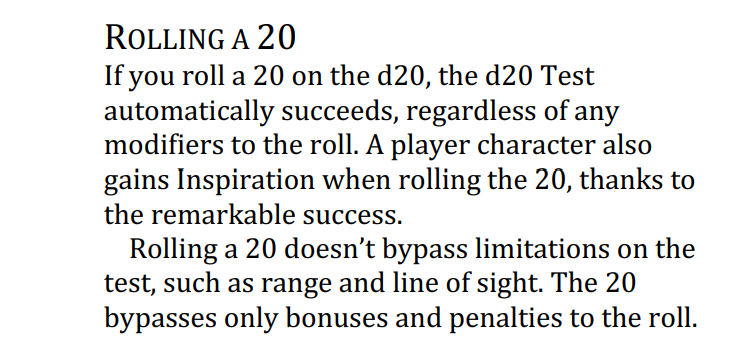
Rolling on Impossible Skill Checks
As unpopular as my opinion may be, I feel there are instances where that automatic success, or failure, does not make sense for a skill check. Sometimes there are things that a player just cannot do. Most people do not actually debate that last point, but there is a fair bit of debate about how to address “impossible” checks. Many say that you simply don’t let the players make a roll if success is impossible. My response to this is almost always the same, “let them roll”.
When discussing this ruling online I often see the same question, “why would you let a player roll if there is no possibility of success?” I have a few reasons for this. In the video below, I talk about a very important one: degrees of failure.
@epicfreddnd Replying to @garrett.the.bard Why let players roll if they cannot succeed? #onednd #dndtiktok #dnd #dnd5e #unpopularopinion #dungeonsanddragons #ttrpg #dungeonmaster ♬ original sound – EpicFredDnD
For many, this explanation made a lot of sense. For others, it raised a lot of questions. Too many questions for me to reasonably answer on TikTok, so here we are.
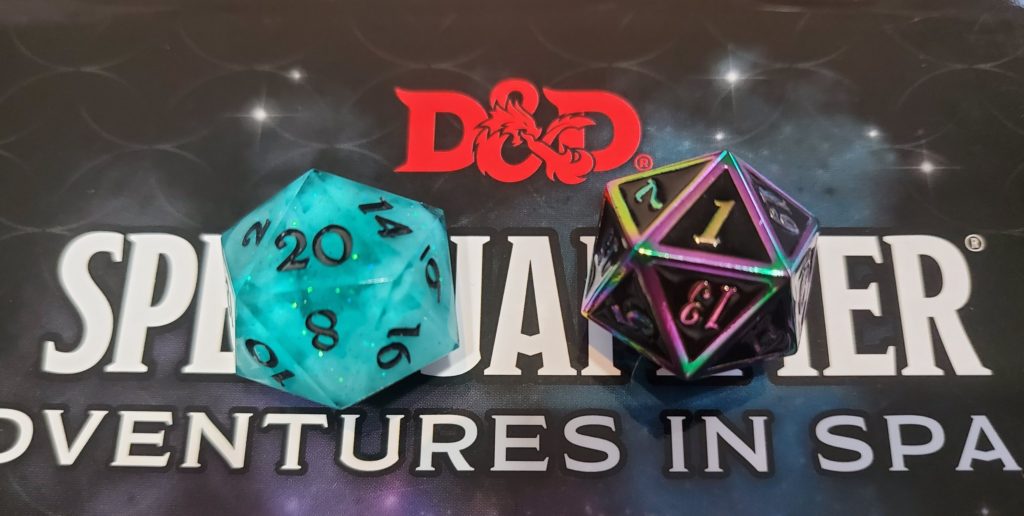
Responses to Comments on Rolling the Impossible
Some of the questions were about the general concept of allowing players to roll when the task was impossible, others were specific to my chosen example. Here are responses to the most common questions that came up from my video.
Why not just have the players roll something like investigation instead?
The primary reason for this is the fact that it would provide the players with free information – their best efforts would not have opened the lock. This is something they couldn’t possibly know without a good lockpicking roll. If they made a low attempt to pick the lock, their character would not necessarily know anything beyond they failed to open the lock. Also, and this is important, it would break the natural flow of the game. If the player asks me to do something (like pick a lock) it is narratively jarring for me to respond with, “roll investigation” and immediately puts the players on alert.
Unless there is very good reason for it, I will call for a roll that matches the action the players are trying to take. That does not mean the character is necessarily capable of completing the task, but it is important to know how well they attempted it in order for me to narrate what happens.
An example of this sort of event occurs in The Hobbit. Bilbo, wearing the one ring, is invisible when he sneaks into the Lonely Mountain. Even with the ring, it was impossible for him to sneak past Smaug the dragon unnoticed. Smaug was aware of him, but Bilbo had an extremely high stealth check. Technically he failed, as “success” was impossible, but the result was not the same as it would have been were he visible or simply less sneaky. He achieved the best possible outcome, even if it wasn’t the outcome he was going for.
Doesn’t it take the fun/excitement out of rolling a 20 if the player fails anyway?
I think this question has several answers, but I will answer for my table. First of all, 20s are exciting, but fairly common. It’s only in key moments that they are table-shaking, shouting exciting (like Yorik throwing a bead of force). Even so, players are always happy to see them and assume the best when they get them. The thing is, even in failure, the 20 should still be the best possible outcome. They failed to open the lock, but determined secret information about why. Bilbo could not hide from Smaug’s senses, but piqued his curiosity. Perhaps the bard could not convince the king to hand over his kingdom, but the king laughed at their bravado and invited them into his council.
Just because they didn’t get the outcome they wanted does not mean that they cannot get an outcome that is interesting and useful. My players are aware that there are extremely rare instances where a 20 may not succeed in the way they expect it to. A big part of the is simply the expectations at the table. My players know that rolling 20 on a skill check is not automatic success, just as rolling 1 isn’t automatic failure. So, as with most things in roleplaying games, communication is key.
Why would you allow a 20 to automatically hit in combat but not on a skill check?
This question seemed to boil down to the idea that crits in combat should not be allowed because they do not make sense. I’ll do my best to explain this. First of all, critical hits in combat are an age old rule in D&D that allows the players to land a greater than normal blow against the monsters. This is supposed to represent finding a weakness in the enemy’s defenses through a combination of skill and luck. Think again of The Hobbit, when Bard strikes Smaug in the one place where there was a weakness in his scales. This is a critical hit.
While luck can definitely be a factor in skill checks, in extreme cases there is no amount of luck that will get the job done. An amateur without the proper tools is not, through luck, going to open a difficult lock. Just as there is no way that when you ask a king for his kingdom that he just gives it to you, no matter how lucky you are.
Critical Hits on Skills in D&D
At the end of the day, this is all just my opinion and what we do at my table. People need to do what works for at their table and what they find fun. If that means 20s always succeed and you just don’t roll on things that can’t be strictly successful, go for it! If you prefer the way that I handle rolls, do that! Just discuss it with your group, agree on how the rules will be applied (as best any of us can), and have fun!
Feel free to drop a comment about how you feel about impossible rolls and critical hits on skills in D&D.
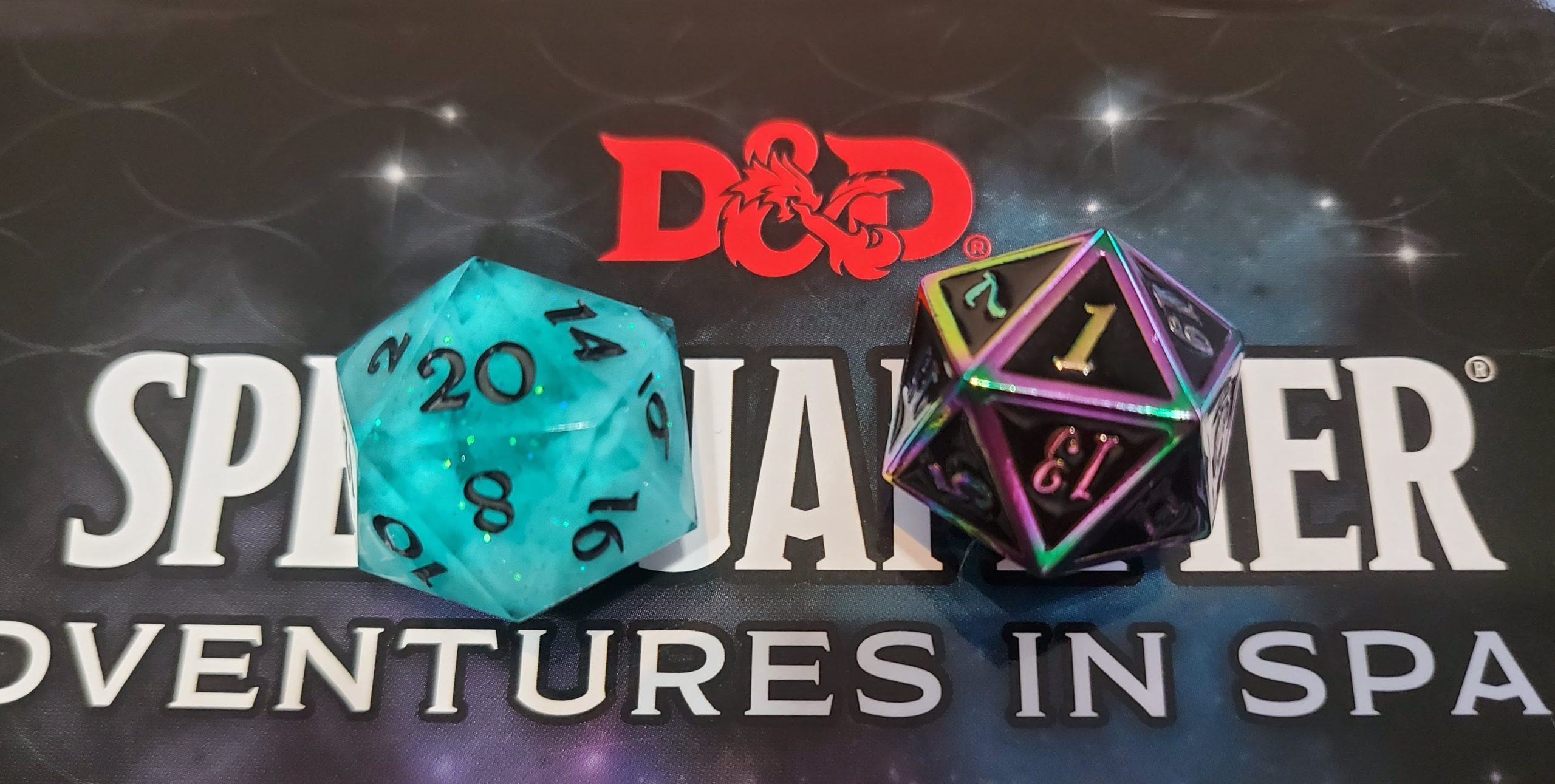
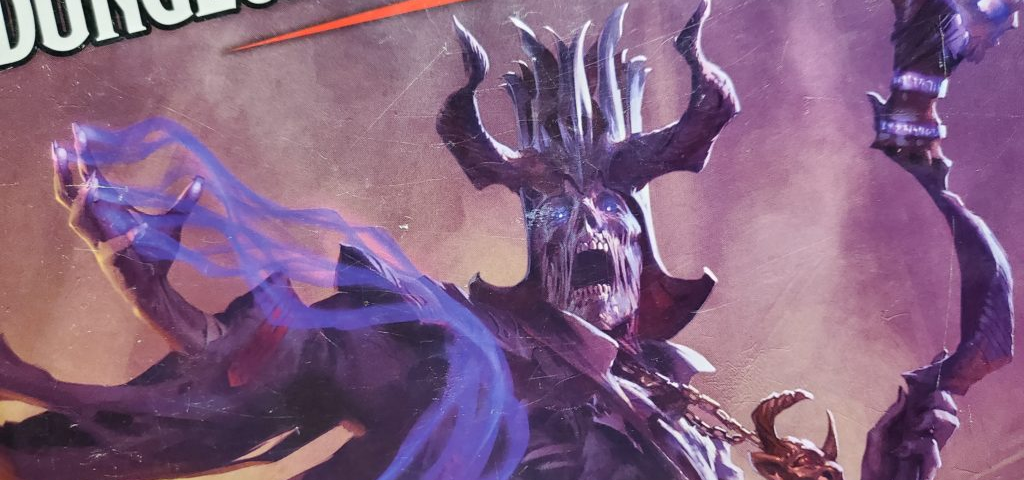
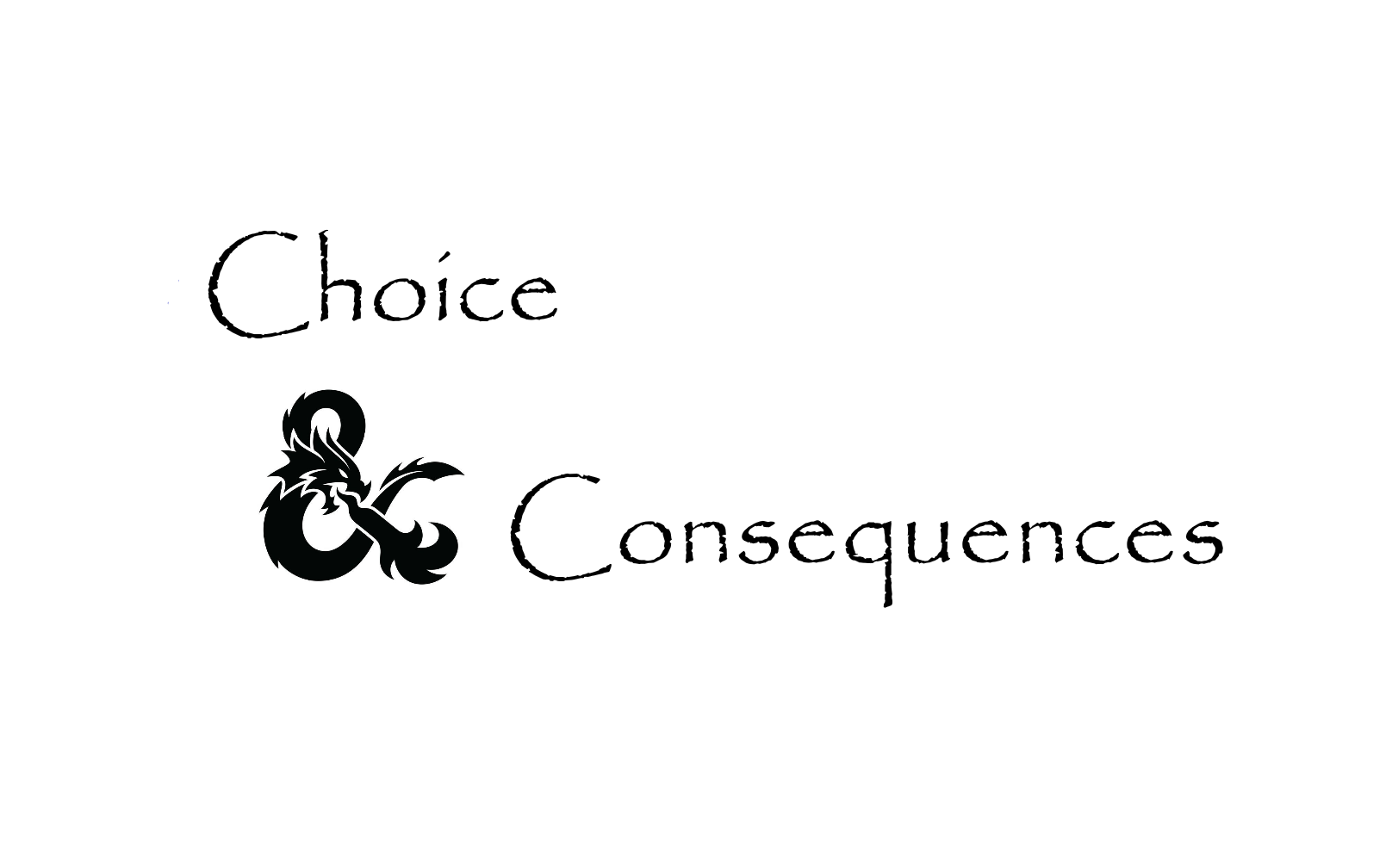
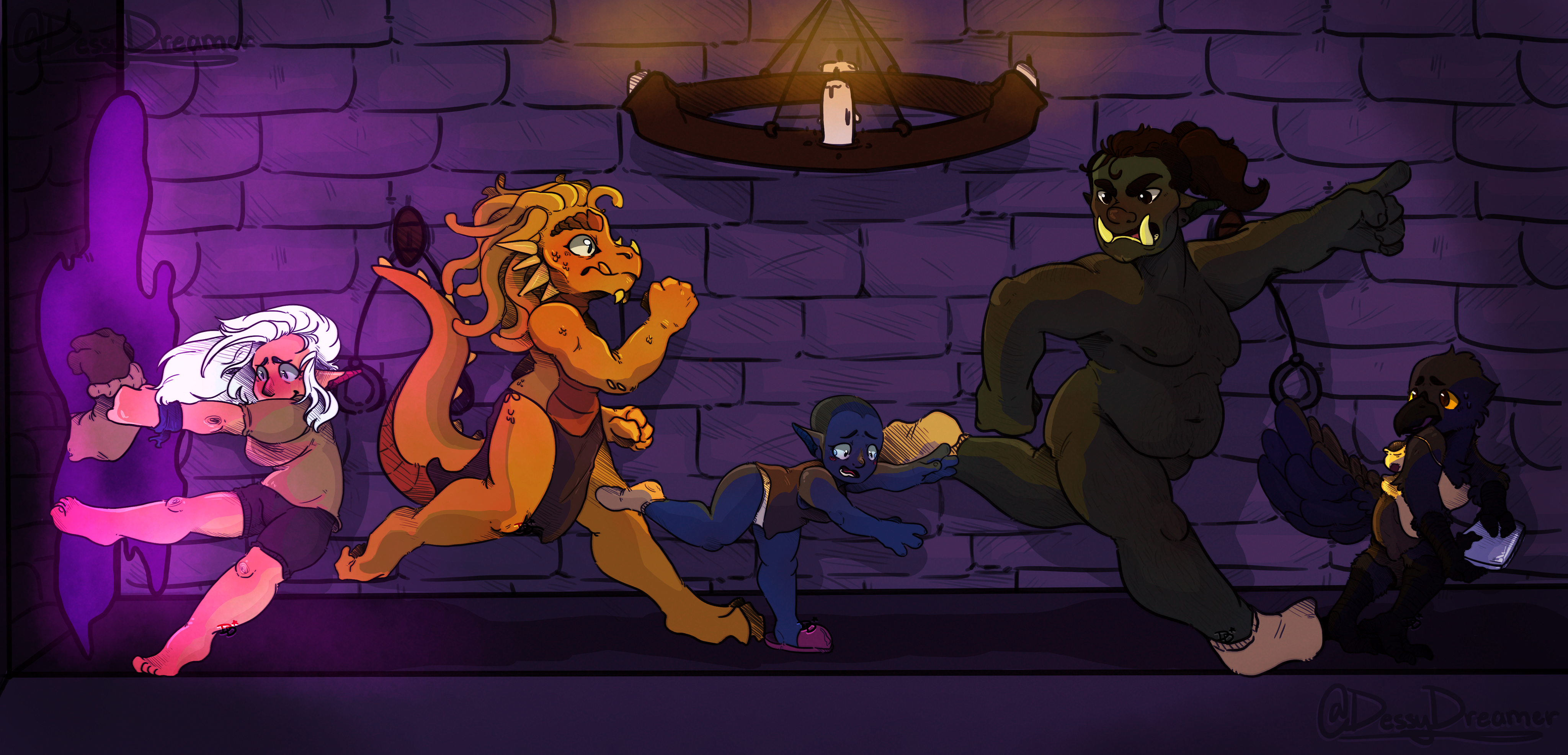
One, I don’t think nat 20s should be auto success on skills chacks at all. Two, I personally don’t agree with “impossible task”. A player should be able to overcome any challenge. However, I don’t believe all challenges should be easy. My DC cap is 30 which is very hard to make until a few players reach higher levels. I also give disadvantages a lot when I think that a player is not skilled enough to perform a task even if they have the advantage to increase the difficulty of a task. Or, items may be magical which increases the challenge. My point is that there are a number of ways to make a thing challenging without making them impossible.
I will say that “impossible” tasks are definitely few and far between. It is more tasks that characters are not skilled enough, or prepared enough, to complete at the moment. I like the idea of imposing disadvantage/advantage.